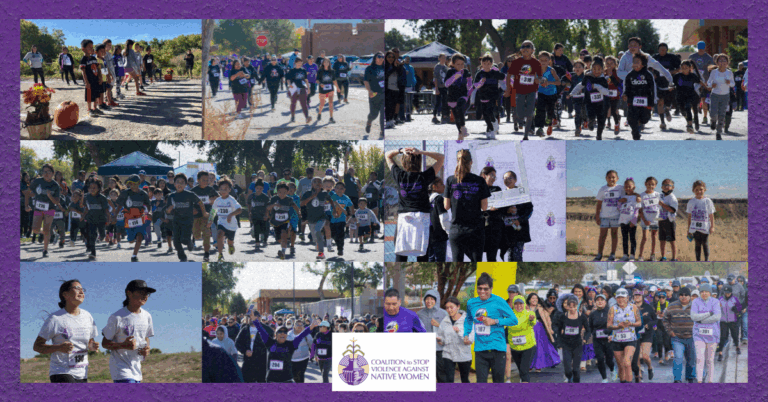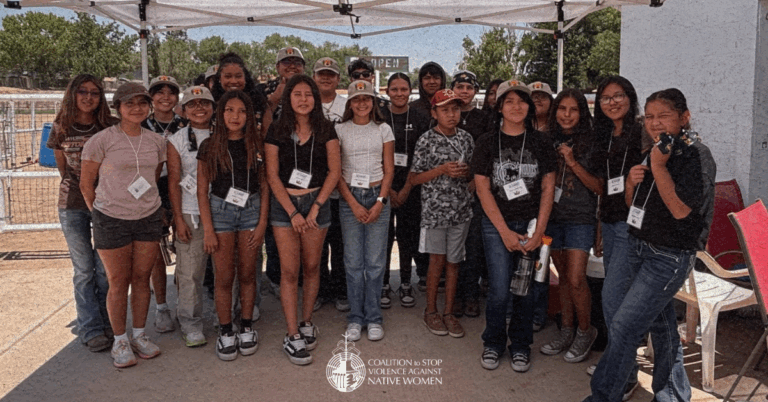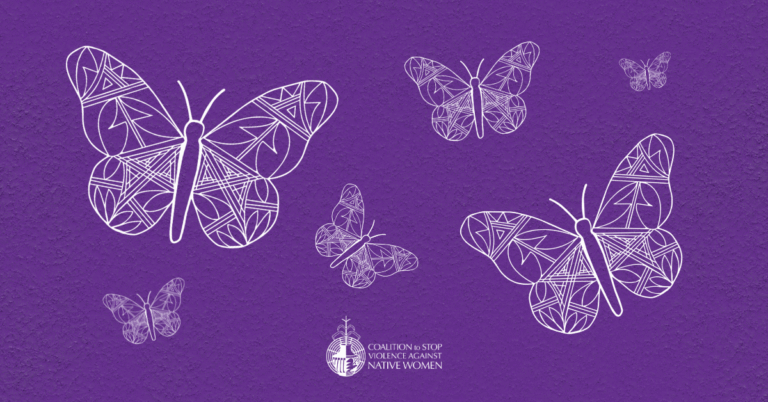Native American communities face a crisis that demands urgent attention: sexual violence rates in Indian Country are among the highest in the United States. Various sources report that Native American women experience sexual violence in their lifetimes at a rate 2.5 times higher than the national average. For Native men and Two-Spirit individuals, the risks are similarly disproportionate. Most data that report violence against Native Americans often represent a legacy of historical trauma, systemic neglect, and jurisdictional gaps that leave survivors vulnerable and justice out of reach.
The Invisible Wounds of Violence
Sexual violence inflicts deep, enduring harm. Survivors often grapple with physical injuries, PTSD, depression, and substance use, compounded by the lack of trauma-informed healthcare in many tribal communities. Families endure intergenerational trauma, as parents struggle to protect children in environments where violence is normalized. Entire communities face cultural erosion; when trust is shattered by betrayal, often at the hands of perpetrators who face little accountability, tradition and culture, and communal bonds can deteriorate.
Systemic Failures: Jurisdiction, Resources, and Stigma
A maze of legal barriers exacerbates the crisis. In 1978, the Oliphant v. Suquamish ruling stripped tribes of the right to prosecute non-Native offenders, creating jurisdictional voids. While the 2022 reauthorization of the Violence Against Women Act (VAWA) restored partial tribal authority, gaps persist. Many tribal nations still lack the resources to enforce protections, and state/federal prosecutors often deprioritize cases from Indian Country.
Service providers, already underfunded, face overwhelming demand. Rural reservations may have no rape crisis centers, and cultural incompetency among off-reservation providers further alienates survivors. Native survivors who sought help can encounter institutional barriers, from language differences to racial bias.
Stigma silences many more. Misconceptions that violence is “cultural” or that victims are “complicit” isolate survivors, discouraging reporting. Tribal communities, burdened by historical distrust of external systems, sometimes internalize this shame, leaving survivors to suffer in silence.
A Path Forward: Sovereignty, Solidarity, and Support
Change requires dismantling systemic inequities. Congress must expand tribal jurisdiction under VAWA, ensuring all perpetrators, regardless of race, face accountability. States should collaborate with tribes through cross-deputization agreements, while federal agencies must increase funding for tribal courts, healthcare, and survivor services. Culturally responsive training for law enforcement and providers is critical to rebuilding trust.
Tribal nations are leading solutions by integrating more culturally based services that reflect survivors’ needs. Organizations like the National Indigenous Women’s Resource Center advocate for policies centering Native voices. Allies can amplify these efforts by supporting legislation like the Not Invisible Act, which addresses the missing and murdered Indigenous people, and demanding equitable resource allocation.
Our Collective Responsibility
Sexual violence in Indian Country is not a “Native problem”; it is a human rights failure. Every survivor denied justice and every family fractured by trauma reflects our collective complacency. By confronting colonial legacies, investing in tribal sovereignty, and challenging stigma, we can forge a future where Native Americans are not reduced to statistics but uplifted as survivors, leaders, and agents of change.
Stand with tribal nations. Demand action. Break the silence.
Resources: National Indigenous Women’s Resource Center (niwrc.org), StrongHearts Native Helpline (1-844-762-8483).
Related Posts

10 Years of Healing in Motion
The Story of CSVANW’s I Will Run for Them 5K Every October, during Domestic Violence…

CSVANW’s 13th Annual Native Youth Summit
The Coalition to Stop Violence Against Native Women held their 13th Annual Native Youth Summit (NYS)…

From Roots to Wings
From Roots to Wings. Why the Southwest Butterflies Retreat Matters More Than Ever CSVANW Voice…
